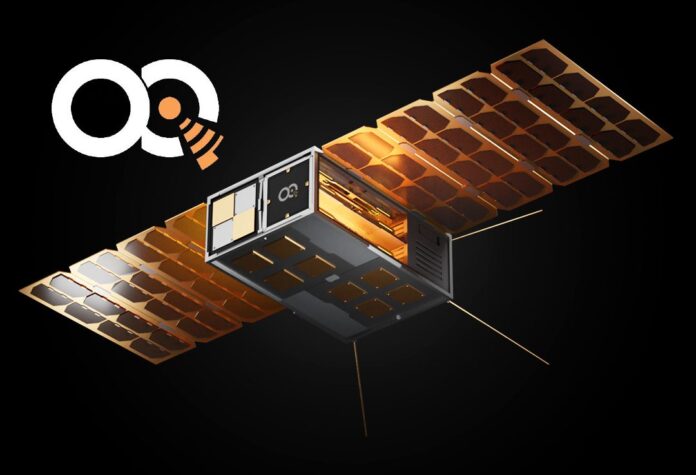Cellular MVNO Transatel has struck a deal with satellite IoT operator OQ Technology to be able to offer a converged terrestrial/non-terrestrial cellular NB-IoT network service. OQ Technology has deployed NB-IoT on a constellation of low-earth orbit (LEO) satellites. It wants a “global constellation” to resell satellite IoT airtime to mobile operators, ‘virtual’ mobile operators (MVNOs), and enterprise clients in the energy, mining, logistics, maritime, and agriculture sectors.
The Luxembourg-based startup claims patented technology for IoT sensors to go into assets such as wellheads, SCADA systems, tracking units, drones, and vehicle telematics in remote land and sea locations. NTT-owned Transatel, based in France, has a strong business in IoT telematics; it is also providing global public roaming for private 5G SIMs via NTT’s enterprise system integration division.
A statement said: “This collaboration empowers businesses with reliable IoT services, even in previously inaccessible areas. This partnership to develop a hybrid terrestrial plus non-terrestrial network (NTN) combined solution for customers, on compatible devices using common roaming capability and also to discover common business opportunities and use cases by both parties.”
Jacques Bonifay, chief executive at Transatel, said: “Since our inception, Transatel has always pushed the boundaries of cellular connectivity. Adding OQ Technology’s non-terrestrial network to our platform is a logical evolution to offer our clients true worldwide coverage to support their global IoT deployments.”
Omar Qaise, chief executive at OQ Technology, said: “With our 10 satellites in orbit and more to be launched we will extend Transatel’s IoT offering of low latency and large capacity communication using our 3GPP-standard based low-earth orbit satellite constellation.”
OQ Technology was among the first companies to explore the use of LEO satellites for NB-IoT, having worked on the concept since 2016 and launched its first satellite in 2019. Qaise said in 2021 the particular challenge for LEO-based satellite NB-IoT is with synchronization issues related to the Doppler effect. The firm puts significant efforts into solving these issues, and into developing a software-defined radio to “re-create the cell tower in the satellite itself.”
Eighteen months ago, OQ Technology secured €13 million ($12.9 million) in a Series A funding round to further develop its technology, acquire more spectrum, and expand its satellite constellation. The funding round was led by Wa’ed Ventures, the venture arm of Saudi Arabian energy firm Aramco, and Phaistos Investment Fund, managed by 5G Ventures in Greece.

